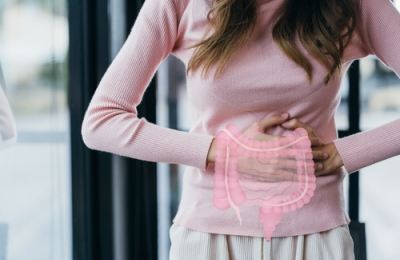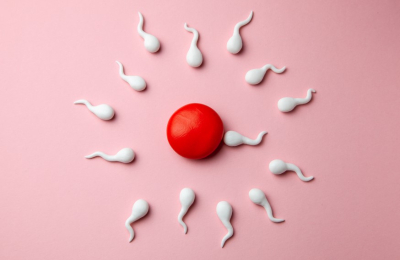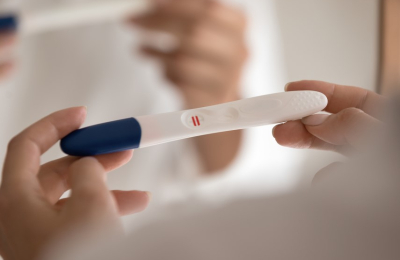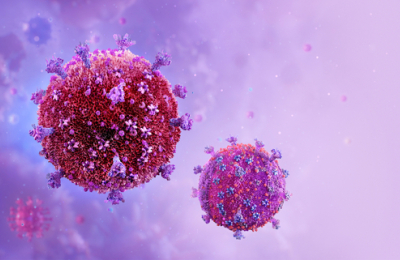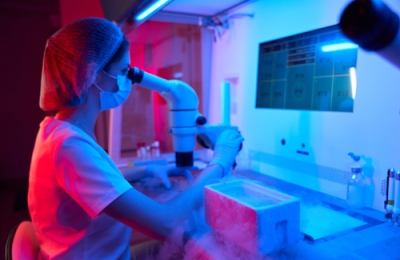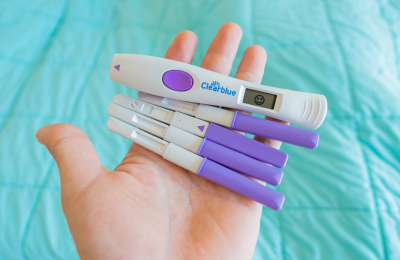
A BBC documentary examining social egg freezing has leveled accusations against the UK fertility sector, alleging misleading advertising practices.
Titled 'Egg Freezing and Me', the documentary presented an analysis revealing that 41 percent of UK fertility clinics fail to provide sufficient clarity regarding a patient's likelihood of achieving a successful pregnancy in the future through egg freezing, as well as the comprehensive costs associated with the procedure.
In response to these claims, Clare Ettinghausen, director of strategy and corporate affairs at the Human Fertilisation and Embryology Authority (HFEA), emphasized that while egg freezing expands reproductive options, it does not guarantee future parenthood. Ettinghausen stressed the importance of clinics ensuring that individuals undergoing fertility treatments receive complete information regarding the risks, long-term impacts, and costs involved.
According to HFEA, while the success rates of thawing frozen eggs for in vitro fertilization (IVF) can be as high as 95 percent, the actual likelihood of achieving a live birth does not surpass 30 percent, a figure lower than that of using fresh eggs. Furthermore, HFEA's data indicates a growing demand for egg freezing, with cycles increasing from nearly 400 in 2011 to over 4,000 in 2021.
The documentary featured testimonials from more than 30 women sharing their experiences with egg freezing, highlighting the emotional, financial, and physical challenges they encountered, as well as the complexities associated with pursuing motherhood through IVF.
One contributor, Vicki Vinton, who opted for egg freezing for social reasons, explained to the BBC: 'I genuinely cannot afford it, but I see it as an investment in my future. You can keep making money, but you cannot keep making eggs.'
A recent study revealed that only four percent of single women who froze their eggs in their 30s eventually utilized them for conception. Dr. Catherine Hill from Fertility Network UK emphasized that while egg freezing offers hope, it does not provide a guarantee of fertility.
The documentary's findings align with a report by the UK Competition and Markets Authority published in 2022, indicating that many clinics are not fully compliant with consumer law regarding the representation of costs and success rates related to IVF services.
















